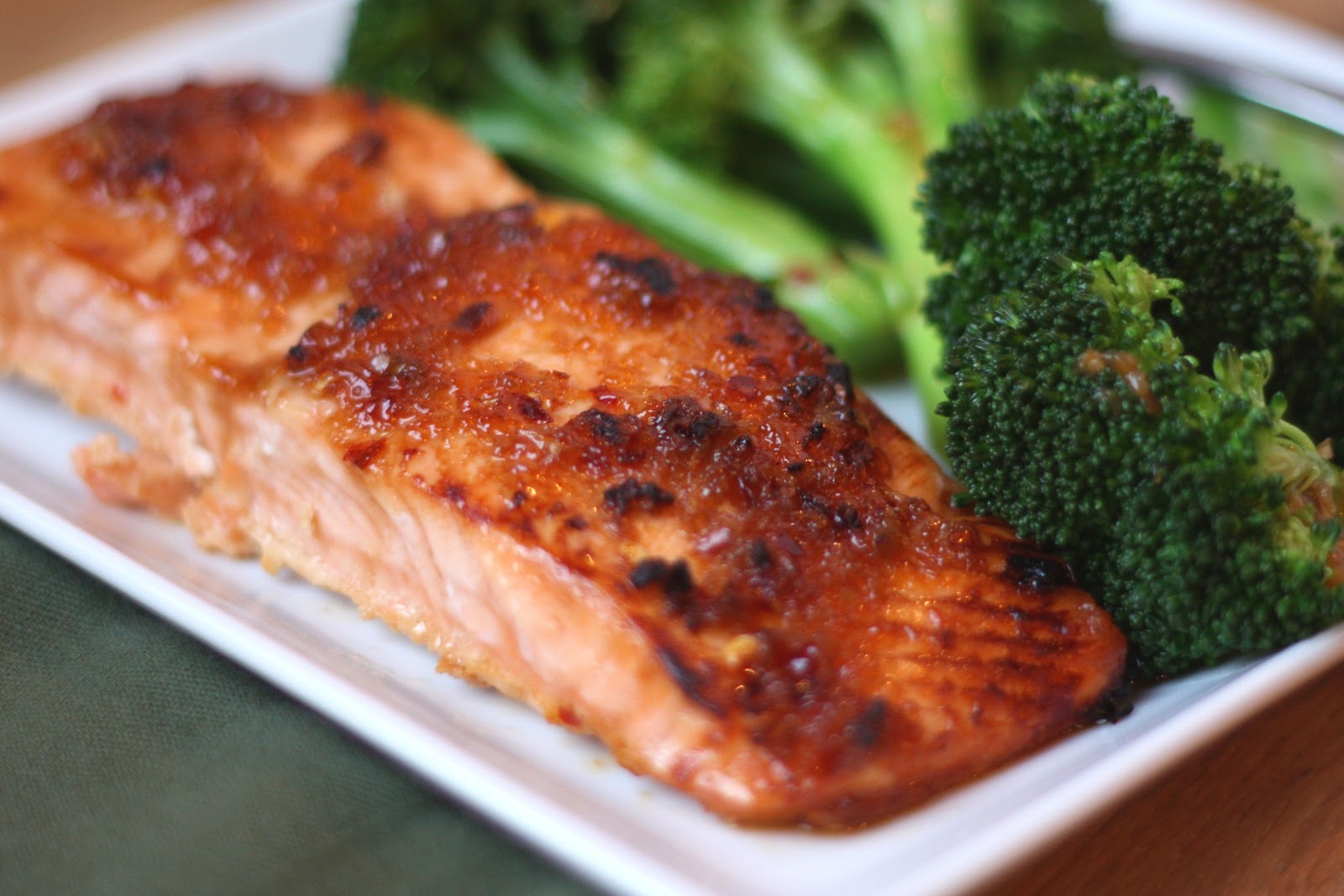A strong immune system is essential for maintaining health, protecting against illnesses, and ensuring a quick recovery when infections strike. While modern medicine offers a wealth of treatments, prevention is always better than cure—and your diet plays a pivotal role in fortifying your body’s natural defences.
The immune system thrives on balance, requiring a steady supply of specific nutrients to function optimally. Making the right dietary changes can significantly enhance your ability to fend off infections, combat inflammation, and maintain overall wellness. Below, we outline six robust diet changes, backed by scientific research, to naturally strengthen your immune system.

1. Load Up on Vitamin-C-Packed Foods
Vitamin C is a cornerstone nutrient for immune health, acting as a powerful antioxidant that protects cells from free radical damage. It also stimulates the production of white blood cells, which are essential for fighting infections. Unlike synthetic supplements, whole foods offer a combination of vitamin C and other complementary nutrients for maximum absorption.
Foods Rich in Vitamin C:
- Citrus fruits: Oranges, lemons, limes, and grapefruits
- Leafy greens: Spinach, kale, and Swiss chard
- Vegetables: Bell peppers, broccoli, and Brussels sprouts
A landmark study published in the American Journal of Clinical Nutrition found that individuals with higher vitamin C intake experienced shorter colds and reduced severity of symptoms. Regular consumption of these foods can ensure your immune defences are in top form.

2. Boost Gut Health with Probiotic Foods
Your gut is home to trillions of microorganisms that play a vital role in immune function. A balanced gut microbiome produces beneficial bacteria that support the immune system by regulating inflammation and enhancing pathogen resistance.
Best Sources of Probiotics:
- Yoghurt with live active cultures
- Fermented foods: Sauerkraut, kimchi, pickles, and miso
- Drinks: Kefir, kombucha, and buttermilk
A study published in Nature Reviews Immunology revealed that probiotics not only enhance gut health but also help reduce the likelihood of respiratory infections. Incorporating probiotics into your diet can be a game-changer for maintaining a robust immune system.

3. Prioritise Zinc-Rich Foods
Zinc is a mineral that plays an indispensable role in immune function. It is vital for the development and activation of immune cells, including T-cells, which help destroy infected cells and coordinate the immune response. Since the body doesn’t store zinc, it’s important to consume it regularly.
Top Sources of Zinc:
- Shellfish: Oysters, crabs, and shrimp
- Legumes: Chickpeas, lentils, and black beans
- Seeds and nuts: Pumpkin seeds, sesame seeds, and cashews
According to research in the Journal of Nutrition, zinc supplementation can shorten the duration of colds and reduce symptom severity. Including these foods in your diet ensures your immune system has the support it needs to fight infections effectively.

4. Incorporate Healthy Fats for Inflammation Control
Not all fats are created equal. Healthy fats, particularly omega-3 fatty acids, are essential for combating chronic inflammation, which can weaken the immune response over time. These fats also enhance the functionality of immune cells.
Healthy Fat Sources to Add:
- Fatty fish: Salmon, mackerel, tuna, and sardines
- Plant-based oils: Olive oil, flaxseed oil, and avocado oil
- Nuts and seeds: Almonds, walnuts, chia seeds, and flaxseeds
A study published in Frontiers in Immunology found that omega-3 fatty acids improve T-cell activity and regulate inflammation, making them critical for overall immune health.

5. Cut Back on Sugar and Ultra-Processed Foods
Excess sugar and processed foods not only contribute to weight gain and metabolic issues but also impair immune function. High sugar intake can suppress the ability of white blood cells to fight infections, while ultra-processed foods fuel inflammation, further weakening the immune response.
Swap Out for Healthier Alternatives:
- Replace sugary snacks with fresh fruits like berries, apples, or pears.
- Opt for whole grains like quinoa, brown rice, or oats instead of refined carbs.
- Prepare homemade meals to avoid hidden sugars and additives.
A study published in Nutrients found that diets high in sugar and ultra-processed foods were directly linked to increased inflammation and reduced immunity, leading to a higher risk of infections and slower recovery times.

6. Stay Hydrated to Support Immune Function
Hydration is often overlooked in discussions about immune health, but it plays a critical role in maintaining the effectiveness of your body’s defences. Water helps transport essential nutrients to cells, flushes out toxins, and keeps mucous membranes moist, which acts as a barrier against pathogens.
Hydration Tips:
- Drink 8–10 glasses of water daily, more if you exercise or live in a hot climate.
- Include hydrating foods like cucumbers, watermelon, and celery in your diet.
- Minimise dehydrating beverages like alcohol and high-caffeine drinks.
A study in Clinical Nutrition highlighted that even mild dehydration could impair the immune system, underlining the importance of consistent fluid intake for overall health.
Additional Immune-Boosting Practices
While diet is central to building a strong immune system, combining it with other lifestyle adjustments can amplify its effects:
- Exercise regularly: Moderate activity improves circulation and immune function.
- Get adequate sleep: Poor sleep weakens immunity. Aim for 7–8 hours nightly.
- Manage stress: Chronic stress can suppress the immune response; consider meditation or yoga.
In Conclusion
Boosting your immune system naturally starts with what you put on your plate. By focusing on nutrient-dense, whole foods and avoiding processed options, you can create a diet that supports your body’s natural defences. Incorporating vitamin C, probiotics, zinc, healthy fats, and adequate hydration, while cutting back on sugar, can transform your immune health over time.
Remember, your immune system is a complex and dynamic network that thrives on consistency. Start these changes today and invest in a healthier, more resilient future.







